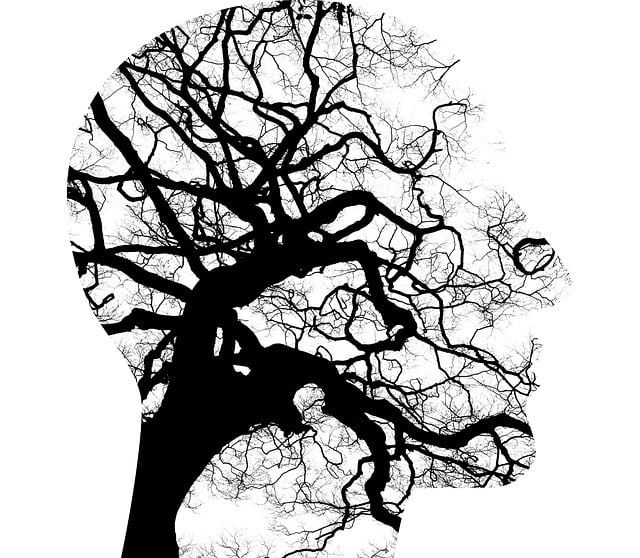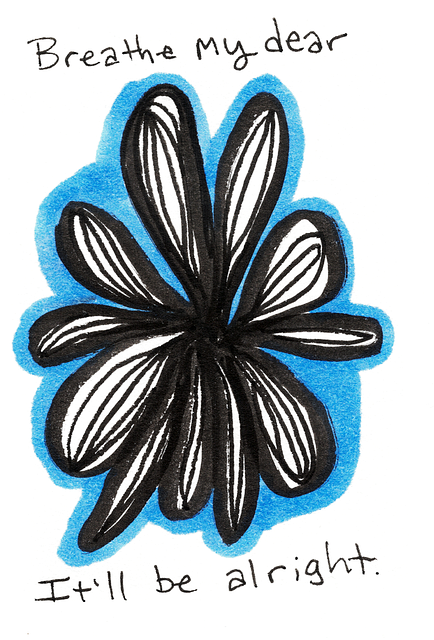Greenwood Village, with its diverse population, faces the challenge of providing mental health support to its Russian-speaking community, which requires specialized outreach programs. Overcoming cultural and linguistic barriers is key. By employing culturally sensitive strategies, offering bilingual therapy, adapting communication, and delivering multilingual resources, Greenwood Village can effectively cater to this demographic's unique needs. Focus on trauma support services and self-care routine development will enhance their overall well-being. The successful Greenwood Village Russian Speaking Therapy model demonstrates the importance of strategic planning, tailored approaches, and holistic evaluation in multicultural mental health initiatives.
Greenwood Village, like many diverse communities, benefits from targeted outreach initiatives. This article explores how community outreach programs can address the unique needs of the local Russian-speaking population. We delve into understanding cultural nuances, designing culturally sensitive therapy programs, and evaluating the success of these initiatives. By focusing on the specific requirements of Greenwood Village’s Russian-speaking community, these strategies aim to enhance access to services and foster a more inclusive environment.
- Understanding the Needs of Greenwood Village's Russian-Speaking Community
- Designing Effective Therapy Programs for Cultural Sensitivity
- Implementing and Evaluating the Success of Outreach Initiatives in a Multicultural Setting
Understanding the Needs of Greenwood Village's Russian-Speaking Community

Greenwood Village, home to a diverse population, harbors a unique community within its borders: Russian-speaking residents. Understanding their needs is paramount when implementing outreach programs. This demographic often faces cultural and linguistic barriers that can isolate them from mainstream services, including mental health support. By recognizing these challenges, Greenwood Village can tailor initiatives that cater specifically to the Russian-speaking community’s requirements.
Community outreach professionals should focus on building empathy through culturally sensitive strategies. Offering therapy sessions in both Russian and English, adapting communication methods, and providing multilingual resources are effective steps. Furthermore, addressing specific issues like trauma support services and fostering self-care routine development for better mental health can significantly impact this community’s well-being.
Designing Effective Therapy Programs for Cultural Sensitivity

In designing effective therapy programs with cultural sensitivity, especially for diverse communities like Greenwood Village’s Russian-speaking population, it is crucial to understand and incorporate the unique needs and perspectives of these individuals. Therapy should be tailored to respect and embrace different cultural backgrounds, ensuring that services are accessible and relevant. This approach fosters trust and encourages participation in programs aimed at mental health improvement.
For instance, a successful strategy could involve incorporating elements of Public Awareness Campaigns Development to educate the community about available resources while promoting Positive Thinking and Stress Management techniques suitable for various cultural contexts. By doing so, these initiatives cater to the specific needs of Russian-speaking residents in Greenwood Village, ultimately enhancing the overall well-being of the community.
Implementing and Evaluating the Success of Outreach Initiatives in a Multicultural Setting

Implementing outreach initiatives in a multicultural setting requires careful consideration and strategic planning to ensure their effectiveness. At Greenwood Village Russian Speaking Therapy, we’ve found success by tailoring our approach to cater to diverse communities, recognizing unique cultural needs and barriers to access. For instance, engaging with local ethnic groups through cultural events and language-specific resources has enhanced our outreach efforts.
Evaluating the success of these initiatives is crucial for measurable impact. We employ a multi-faceted evaluation process, combining quantitative data (like attendance rates) with qualitative feedback (such as participant testimonials). This holistic approach allows us to assess not only immediate outcomes but also the long-term effects on emotional well-being promotion techniques and inner strength development within our multicultural community.
Community outreach programs, such as those tailored for Greenwood Village’s Russian-speaking population through sensitive therapy initiatives, are pivotal in fostering cultural understanding and enhancing mental health services. By designing and implementing effective strategies, we can bridge the gap between diverse communities and ensure accessible, culturally competent care. These initiatives not only improve individual well-being but also strengthen the social fabric of Greenwood Village, celebrating its multicultural tapestry.











